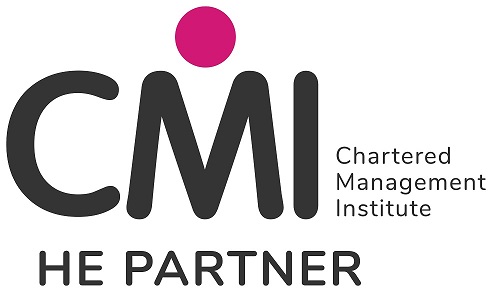Which MBA course is best?
It’s important to do your research when choosing which MBA degree to study. The right course for you will depend on your personal interests, experience and ambitions. Your options include General MBA courses, which teach a broad range of business skills and are ideal for those with less managerial experience. Alternatively, if you are progressing to finance-related positions at management and board level, MBA Finance could be a more suitable option for you
What does an MBA get you?
If you choose to pursue MBA study with a university, you can benefit in a number of different ways. The experience and knowledge gained on MBA courses can lead to more career options being available to you, promotion from your current position and an increased salary. They also come with the advantage of global recognition, making them valuable to individuals working abroad.
Enhanced Learning Credits Scheme
The Master of Business Administration MBA is part of the Enhanced Learning Credits Scheme (ELCS). The ELCS is an opportunity for members of the Armed Forces to further or expand on their education. The scheme offers support financially in a maximum of three separate financial years for higher level learning of a nationally recognised qualification at a Level three or above.
Work Placement Year
This MBA course also has the option of a 6–12-month work placement. An MBA work placement will give you the opportunity to develop your knowledge and skills in a real-world environment, while completing your Major Project (placement). This will give you an advantage over the competition for jobs and scholarships after you graduate, and could be a good starting point for setting up your own business.
Your placement will need to be appropriate to your level of study and you should be paid for this work. We will support you in securing a suitable placement opportunity; however, it must be noted that placements are highly competitive and there is no guarantee of a placement offer being made by an employer. If you are unable or unwilling to progress with a work placement, you will have the option to transfer onto our Major Project (standard) module to gain the required credits to complete your programme of study.
Modules
Trimester 1
Academic and Digital Skills for Professionals (20 Credits; Compulsory)
You will be equipped with skills and confidence to successfully navigate the demands of both master’s level study and future careers in the digital era. Through reflection, you will be analysing and critiquing previous experiences, situating these in the context of relevant academic literature and real-life case studies.
People Development and Leadership (20 Credits; Compulsory)
You will be able to critically evaluate and develop strategic people development and leadership skills. Application of these skills will enable you to understand individual/collective behavioural dynamics and its influence on organisational goals. You will also have the opportunity to develop self-reflection through reflective practice and models of professional development.
Strategy and Decision Making (20 Credits; Compulsory)
You will be equipped with applied knowledge of strategic management and economic principles that underpin decision making in organisations. You will be analysing how the dynamic business environment influences organisational strategy formulation, and how sustained competitive advantage and growth are achieved through astute decision making.
Career Futures: Employability Skills (0 Credits; Compulsory) – For MBA placement pathway students
You will be equipped with the skills and knowledge to be able to compete for current (placements and internships) and future job opportunities.
Trimester 2
Practical Data Analysis for Business (20 Credits; Compulsory)
You will learn how to effectively utilise secondary data to inform organisational proposals and decisions. You will be equipped with the skills required to acquire, manage, analyse and apply qualitative and quantitative secondary data sets in a business management context.
Marketing Innovation (20 Credits; Compulsory)
You will be provided with a comprehensive understanding of entrepreneurial and intrapreneurial principles, focusing on their application in various business scenarios and emphasising the importance of creativity as a catalyst for innovation and transformation in any business environment.
Financial Management for Organisational Performance (20 Credits; Compulsory)
This module explores the role of Accounting and Finance in organisations, enabling you to understand and analyse financial information for strategic decision making. It examines inter-relationships between business functions, processes, and their impact on organisational performance.
Trimester 3
Sustainable and Transformative Operations Management (20 Credits; Compulsory)
You will be introduced to the concepts and strategies associated with sustainably managing the business operations that are associated with transforming goods and services from the point of origin to the final customer.
One of the following Major Project modules:
– Major Project – Standard (40 Credits; Compulsory) – For MBA standard pathway students only
You will be able to devise an original research project associated with topics and themes from the MBA programme. The module provides opportunities for you to identify, select and analyse secondary data in novel and innovative ways for applied research in business and management contexts.
– Major Project – Placement (40 Credits; Compulsory) – For MBA placement pathway students only
You will learn how to identify, select and research a work-based business or management topic. You will be introduced to key concepts in work-based research and be equipped with the skills required to engage in action research in applied business and management contexts.
Module information for the MBA placement pathway the can be found in this Award Map. While module information for the MBA standard pathway can be found on this Award Map.











